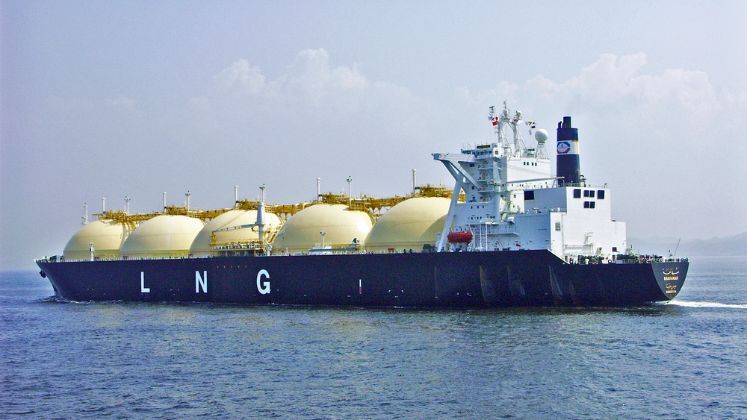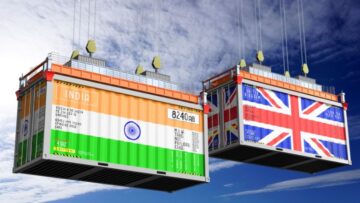
The recent Israeli airstrike on Iranian nuclear facilities has sent shockwaves through Asia’s liquefied natural gas (LNG) market, prompting trading companies, importers, and governments to reassess supply risks amid escalating regional tensions. According to a report by S&P Global Commodity Insights, these developments are also likely to influence the broader energy and manufacturing supply chains, including the ready-make garments (RMG) industry, which relies heavily on stable energy inputs.
The airstrike, characterised as “pre-emptive,” occurred just as Asian countries enter the peak summer season when electricity and gas demand surge. Asia remains highly dependent on Middle Eastern LNG exports, with nearly 88 percent of regional shipments originating from this region, said Eric Yep, principal analyst at Commodity Insights. The potential for supply disruptions has led to increased caution among importers, who are now engaging with suppliers and portfolio players to explore contingency plans should transit routes become compromised.
While there have been no immediate disruptions, industry insiders warn that ongoing escalation could threaten key transit chokepoints such as the Strait of Hormuz. This vital waterway, handling approximately 11 billion cubic feet of LNG daily and significant crude oil shipments, is critical to energy flows across Asia. Any disruption here could ripple through supply chains, including those supporting the textile and apparel sectors.
Market reactions have been swift. Asian spot LNG prices surged following the attack, with the Platts July Japan-Korea Marker (JKM) rising 5.38 percent to US $ 13.44 per MMBtu on 13th June. Shipping companies are also taking precautions; Japan’s Mitsui OSK Lines issued safety alerts for vessels operating in the Persian Gulf, and many chartering offers have been temporarily paused due to heightened risks.
Governments are actively responding. South Korea’s energy ministry convened an emergency meeting with LNG importers, emphasizing readiness to mitigate potential disruptions. Meanwhile, China, which now sources about one-third of its LNG imports from Qatar, faces additional vulnerabilities as it continues to halt US LNG imports, further complicating its energy procurement landscape.
For the RMG sector, these developments underscore the importance of supply chain resilience. Fluctuations in energy prices and potential disruptions in shipping routes could lead to increased costs for manufacturing inputs, affecting production schedules and pricing strategies. Industry stakeholders are advised to monitor geopolitical tensions closely and consider diversified sourcing and contingency planning to safeguard their operations amid this volatile environment.






